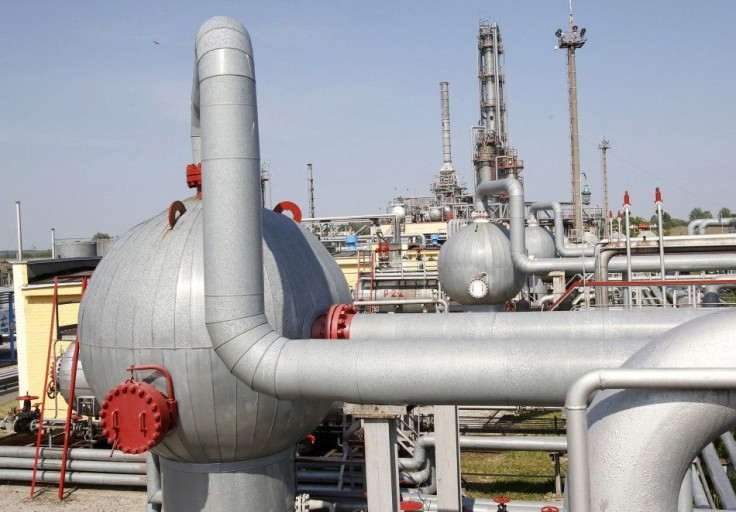Natural Gas Industry Facing New Questions About Profitability, ‘Fracking’ Technology

Lawmakers called on federal agencies Tuesday to investigate the natural gas industry, responding to revelations that companies may have exaggerated potential profits and downplayed the risk and expense of harvesting natural gas.
Multiple lawmakers sent letters to the U.S. Securities and Exchange Commission asking it to investigate, Sen. Benjamin Cardin, D-Md., asked the Government Accountability Office to look into the environmental consequences of natural gas and predictions about reserves, and New York Attorney General Eric Schneiderman subpoenaed five oil and gas companies for more information.
Given the rapid growth of the shale gas industry and its growing importance for our country's energy portfolio, I urge the S.E.C. to quickly investigate whether investors have been intentionally misled, wrote Rep. Maurice D. Hinchey, D-NY.
Natural gas companies have touted the substance to investors and politicians as an economic boon and a chance to refocus the country's energy consumption on a fuel that is abundant in the United States and prodcues less pollution than oil. But a recent New York Times report showed that geologists, industry executives and analysts are skeptical about the cost of extracting natural gas and about the productivity of wells.
Money is pouring in from investors even though natural gas is inherently unprofitable, an analyst from PNC Wealth Management wrote in an email. Another email described the irrational exuberance surrounding the energy source, and yet another said moves to drill for natural gas were just giant Ponzi schemes and the economics just do not work.
The process used to free natural gas from the underground rock formations where it is trapped, known as hydraulic fracturing or hydrofracking, involves blasting a mixture of sand, water, and chemicals underground. The controversial process has prompted a standoff between environmental groups and the energy industry. New York has enacted a moratorium on natural gas drilling while its Department of Environmental Conservation studies the process.
The scramble for natural gas intensified in New York and adjoining states after the discovery of the Marcellus Shale, a vast underground deposit of natural gas that could yield between 168 trillion to 516 trillion cubic feet of natural gas, according to estimates.
© Copyright IBTimes 2024. All rights reserved.





















